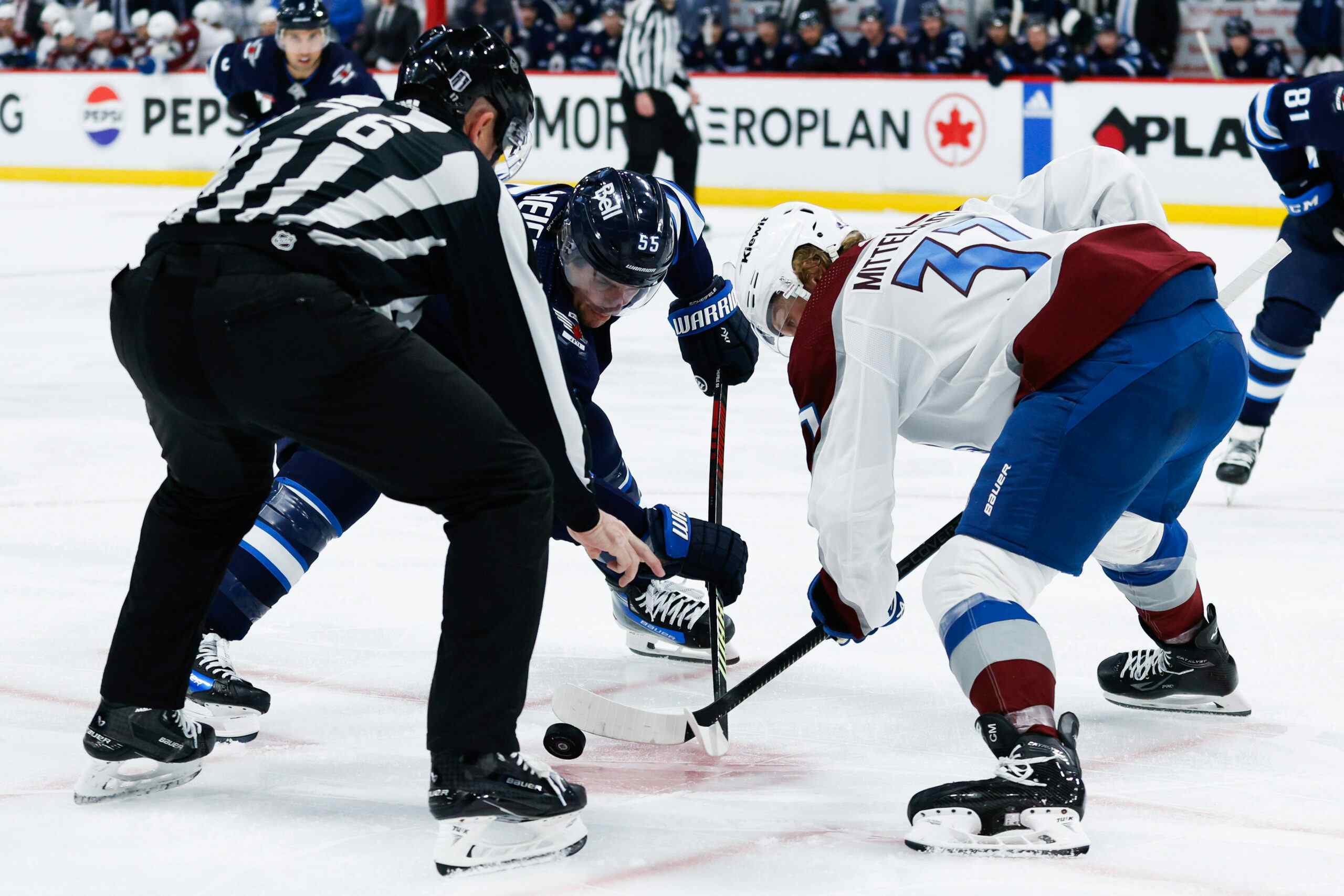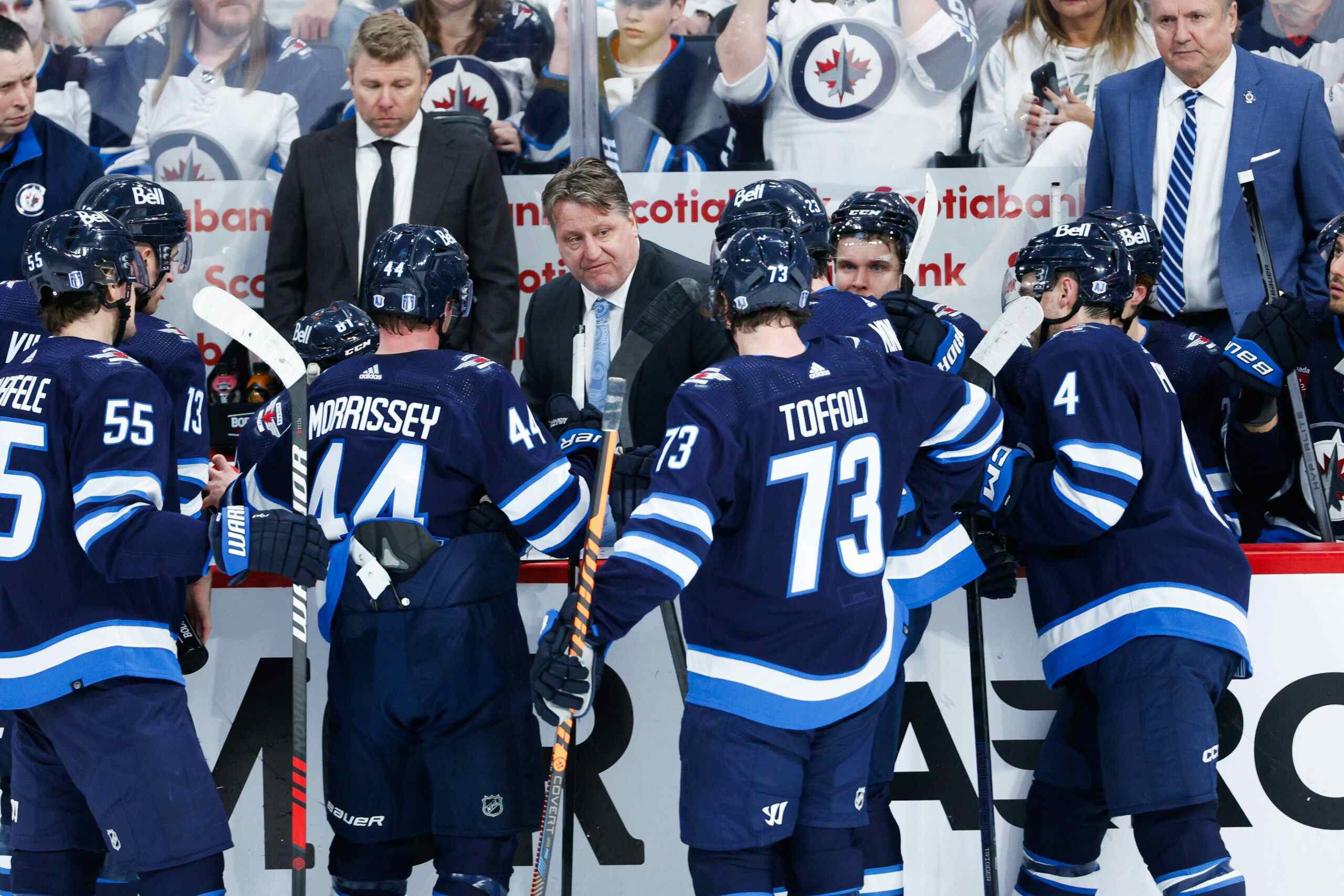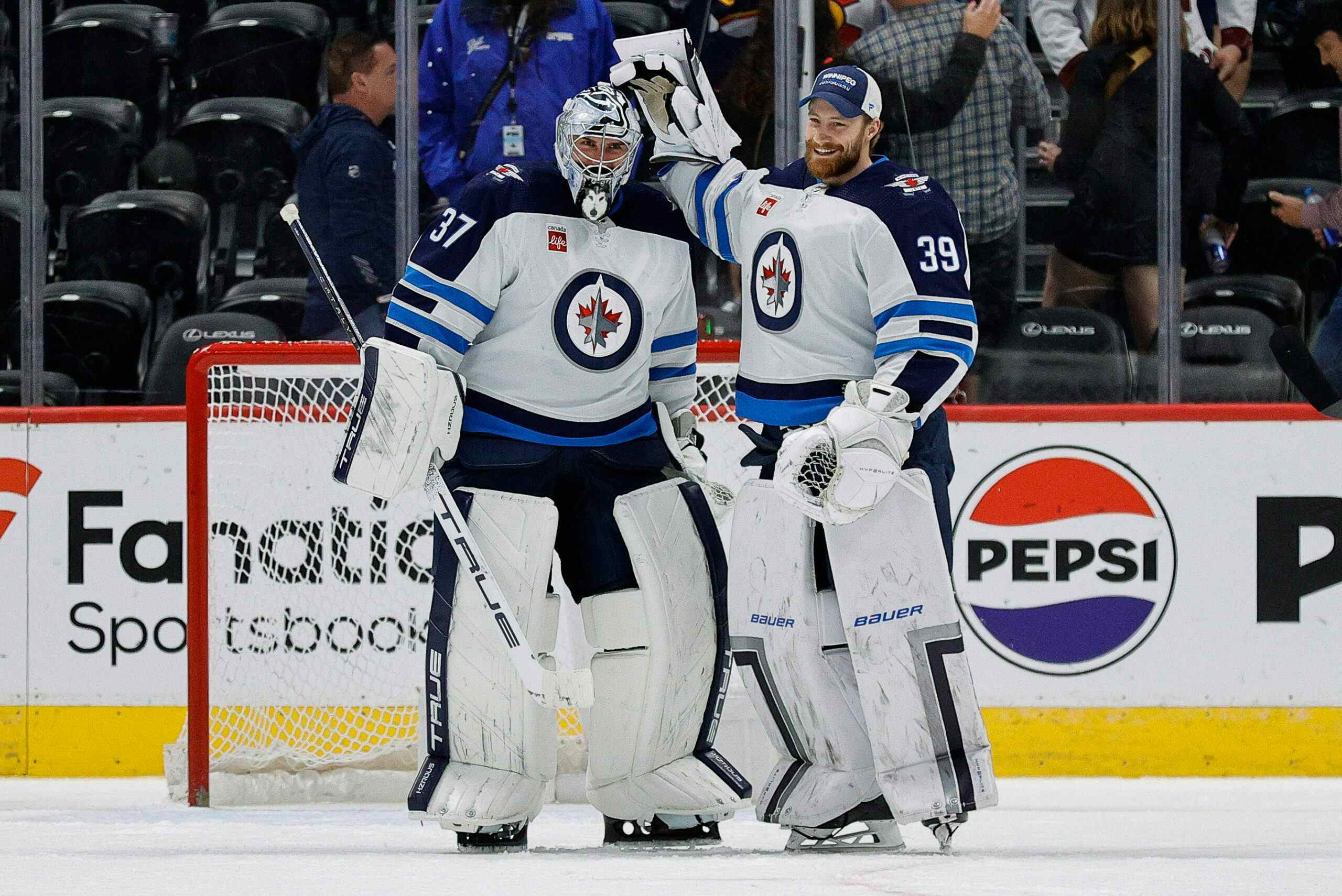No Movement Clauses Are A Good Thing

By Ryan Karhut
6 years agoWith the expansion and rookie drafts now come and gone and free agency starting tomorrow one could argue this time of year is better than the NHL regular season. The anticipation and excitement of what your club may, or if you are a Jets fan, may not do leaves us checking our phones for updates all throughout the day. In the past couple of days players have been shuffled about the league because of the two drafts. Almost every team has made some sort of splash, big or small, as teams gear up for free agency and the upcoming season.
In Winnipeg the fans have been told from the beginning that Jets GM Kevin Cheveldayoff will take a patient approach as they build this team slowly through the draft, small signings, trades, etc. There are many direct and indirect affects of this method as it often leads franchises through prolonged stretches of playoff runs. Other such affects as these players that come up through the system are property of the Jets for the maximum amount of time prior to becoming unrestricted free agents. This sort of forces the athletes hand on playing here and allows for our fair city the opportunity to sell these guys on staying here for the long term. Lets face it; Winnipeg in February is hardly a free agent destination for anyone with options. However, as we are seeing, players “growing up” here from their rookie season on, learn to love our city. Thus, increasing our chances of retaining those athletes services throughout their prime.
This past week Cheveldayoff made headlines with a statement about how he tried to improve the team but contractually, and not on the Jets end, it was not able to happen. Sending off a flurry of angry Jets fans that assumed that the GM was referencing Las Vegas defenseman Marc Methot (but it was actually Alexei Emelin), into a tailspin about how much they hate “no movement clauses” or “modified no movement clauses” in the NHL and that for the Jets to be competitive the NHL would need to rid itself of these clauses.
First lets clear up what these clauses mean. A no movement clause means a player cannot be traded or left available for expansion teams in their draft. Essentially binding the athlete and the organization together for the duration of the contract. The only way that player cannot be on that NHL team is if he is sent down to the AHL affiliate where he still must be paid in full. Now a modified no movement clause means players can negotiate a number (often ten) of teams they can list every July 1st that their current club cannot trade the athlete to. Every other organization in the league that player is vulnerable to in a trade. All of this can however be overridden by the athlete “waiving” their no movement clause to allow their team to trade them or trade them to a team on the their “list”.
As you can probably imagine, and if you were put in that scenario of picking ten teams you do NOT want to play for, you would probably populate that list based on what is most important to you. If you were chasing a ring (and I feel like this is what fans want to believe every athlete makes their decision based on which is completely false) you would probably eliminate all the non-playoff teams and all the teams you believe are regressing. But what if that was not what’s most important to you? After all, in the parody crazy league that is the NHL today, it is merely impossible to predict who is going to play in the Stanley Cup Finals every year let alone win it. So what other factors would weigh heavy in your decision? For most, things like proximity to their home town, their partners hometown/state/province/country, partners career, what kind of environment they want for their kids, hobbies away from hockey like golf/fishing/night life, and oh yes..…..taxes. Now lots of athletes tend to dislike playing in their hometown (of course this on the heels of two Winnipegers being taken in the top-6 of this years draft) as they see professional sports as a short window for them to go explore North America and live somewhere new. After all they can always move back home when they are retired before they have even turned 40 years old.
Obviously athlete’s wives, girlfriends, etc play a big role into it all but with so many variables that come with that lets move on. Now most NHL players do not live where they play year round. Most end up living there about 8-months out of the year. So they have to consider things like schools for their kids, what do February mornings look like for the family, perhaps night life is a huge draw for 20 something’s that recently became millionaires, do they want to live there year round for stability, housing market, city size, weather, etc. With so many factors it is hard to sit here and believe an athlete is going to choose one destination over the next because they “might” have a slightly better chance of winning.
The best way to think of this is to think of the NHL and its organizations as a corporation, which it is, but I am suggesting lets forget about the sports side of it. The major sports leagues in the last 20 or so years have done all they can to become money-producing corporations. The athletes are just employees of that corporation much like most of us are employees of a corporation in our lives. So lets look at this from your perspective. Lets say you are good at your job. No lets say you are really really good at it. So much so that the corporation you work for has offices all over North America. In fact they have 31 offices and no matter which one you go to they will all pay you exactly the same. Not only that they are in 31 major cities in and across Canada and the United States. We said money is the same no matter where you go, job position is the same, so now all you have to do is pick which city best suits you and your family. Of course some offices do out perform others so you have to consider if you want to build an office up that is underperforming or go to an office that is regularly a terrific performer. With all that in consideration add in weather, cost of living, the fact that many offices are in states with no states tax, hobbies, etc, how many of you are really picking a Canadian city? Why would you? So you can be taxed more, so you can live in miserable cold weather four months a year, so you can pay outrageously high income tax? Now I know for sure some of you love Canada and look at the United States right now and say there is no chance you want to live there. I can get on board with that but I’m betting the vast majority of you are picking Toronto, Montreal, or Vancouver. There is absolutely nothing wrong with that. Mobility is a great thing that most of us want as we progress through our careers.
The notion of people, and I keep hearing this, when all things are equal why would any NHL hockey player want to live in Winnipeg over Arizona? And please do not try and argue we are “closer” to a Cup than Arizona. We are exactly the same distance from the Cup that they are. We both missed the playoffs; neither of us have a recent playoff win to boast about let alone a series win, and we are both a long way from knocking off the likes of the Penguins, Predators, Capitals, Blackhawks, or even the rising and dreaded Oilers. We both need to make our rosters better, fill holes, and be more competitive.
So if you are really good at what you do, do you not deserve mobility within your profession? We all want it, we all dream of that perfect career where it is always 25 degrees and sunny everyday, when we are not at work we are golfing, fishing, etc. So why should professional athletes be limited to where they work where as other employees of other corporations are not? In fact, in the future, I will argue the rookie draft is archaic, ridiculous, and going to change drastically far sooner than people think which will be the ultimate end to “tanking”.
Not only should players be allowed no movement clauses (full or modified) but also we as fans cannot hate on athletes for getting them nor hate on the NHL for allowing them. These guys deserve to have a say in where they live, where they work, where their kids go to school, what lifestyle they choose to live etc. The onus should be on organizations to make their place of employment attractive to these athletes. Just like organizations and corporations do every day in every city in North America. All the great companies have one thing in common. They all have really talented people working for them. They have them there because they attracted them to come work for them by selling them on their vision, the persons role, compensation, etc. NHL teams need to learn (do not get me wrong many have figured this out long ago) that it is their job to “sell” athletes on the experience and the “why” they should come work for them.
I know there will be an instance (or several) where a no movement clauses will stink for the Jets but that is why Kevin Cheveldayoff and his staff get paid good money. Their job is to literally be creative in finding ways to attract the right employees here that are excited to work here. Why would we want Methot or any other player via trade that does not want to be here? What would stop them from just playing out their contract and leave us the first chance they get through free agency? That’s not how you build a sustainable winner. That’s not how you build a champion.
Recent articles from Ryan Karhut





